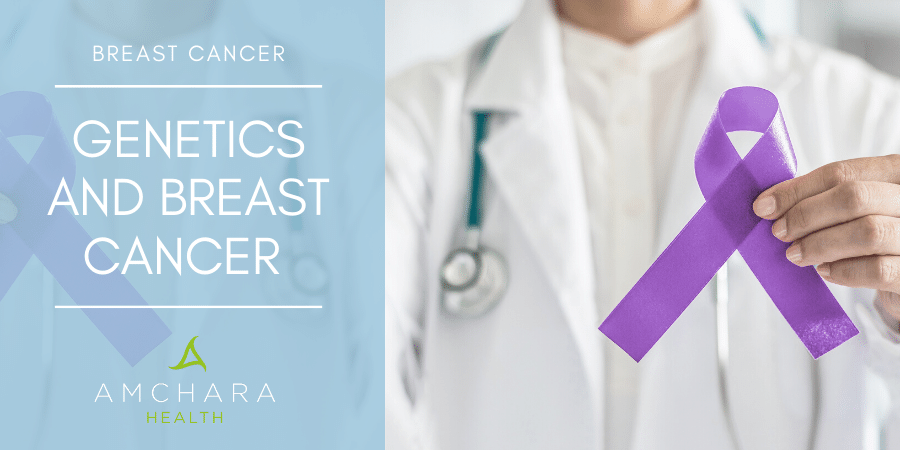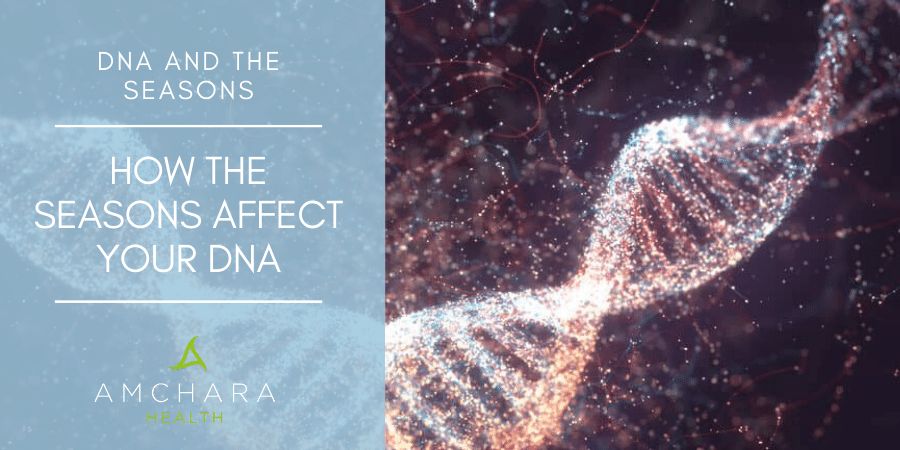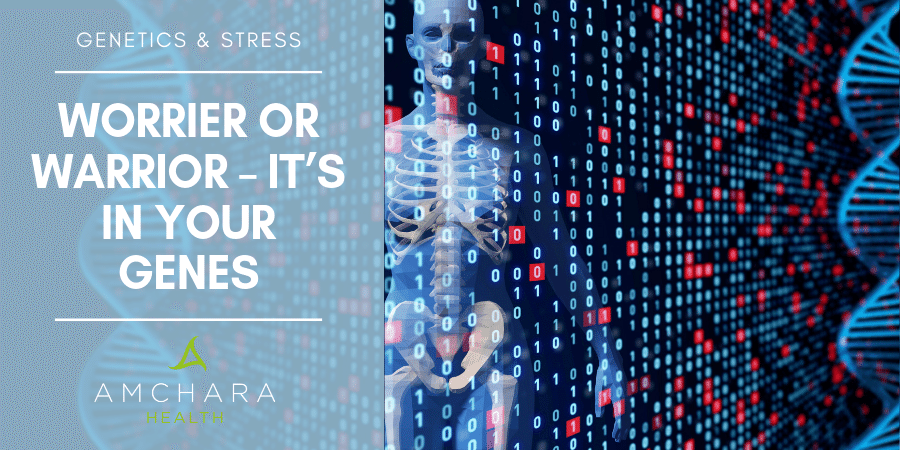Topics Covered in this article:
According to the British Coffee Association, 95 million cups of coffee are drunk per day in the UK, and sales are worth £1.5 billion per year.
One moment the newspapers are saying coffee is good for us, then the next day they’ll be proclaiming coffee is bad for our health.
Conflicting studies on the health benefits or otherwise of coffee result in contradictory headlines. It’s no wonder we don’t know what to believe.
With an overwhelming amount of information it can be hard for you to find health advice that you can trust.
Our mission is to provide you with both insightful information and evidence-based content to provide you with actionable knowledge and tips you can trust, to help you on your journey to optimal health.
In this article we will take a closer look at coffee, the health effects of caffeine and how these effects can vary depending on our genetic code.
Coffee is good for us
Evidence is now appearing which suggests your daily espresso may be beneficial to health.
A recent review study, which looked at over 200 studies, concluded people drinking three cups of coffee per day had a reduced risk of death from heart disease as well as from all other causes, compared with non-coffee drinkers.
Coffee drinking was associated with a lower risk of endometrial, prostate, liver and skin cancers.
It was also connected with a reduced risk of Type 2 diabetes, gallstones, gout and liver conditions, especially cirrhosis of the liver.
The review also noted benefits in connection with Parkinson’s and Alzheimer’s disease and even depression.
Although all this sounds impressive, contrast this with other research.
Coffee is bad for us
Most of us are familiar with the effects of drinking too much coffee – disturbed sleep, palpitations, anxiety, the jitters and even panic attacks.
These effects can be seen even after a moderate intake in sensitive people.
Coffee drinking has been found to increase the amount of time it takes to fall asleep, as well as decreasing the total amount of time spent asleep.
This is especially true for elderly people.
Coffee drinking has also been found to increase stress levels, even at moderate intake.
In some cases, it was found to more than double the amounts of adrenaline and cortisol produced in response to stress (2).
Whether you drink coffee regularly or hardly at all seems to have the same effect on stress.
It’s been found coffee can increase blood pressure, as well as acting as a diuretic, which can lead to dehydration (3).
It can also worsen overactive bladder or incontinence in the elderly.
An increase in urinary frequency and urinary urgency has also been seen in younger people (4).
Finally, coffee has been found to be connected with gastroesophageal reflux disease (5).
We are all genetically different
So, why the contradictory evidence?
It’s a common finding in the area of nutritional science and it’s no wonder many people have become tired of all the competing advice out there.
In some cases, it’s because our knowledge about nutrition is evolving all the time, and new science is bound to sometimes contradict what we previously believed to be true.
After all, it wasn’t so long ago that we believed mercury was a cure for all ills – the Victorians used it to treat diseases like syphilis, typhoid fever, cholera, parasites, depression, and even teething pain in babies.
Remember we are all genetically unique so it’s no surprise we all react differently to all sorts of events.
Our genetics control every facet of our lives because they direct enzymes, which in turn are needed for all body functions, including how we deal with substances in our food and drink.
You may be one of those people who get a real buzz from coffee and you can’t drink it in the afternoon without it keeping you awake that night.
Whereas someone else may be able to drink it late at night with no ill effects.
It could partly be down to genetics because our genetic code determines how we metabolise the primary drug in coffee – caffeine.
It’s all about caffeine
All coffee, including decaf, contains caffeine, which is a stimulant drug.
It’s the caffeine which is responsible for the increases in alertness and the buzz we get from coffee.
However, too much caffeine is not great for anyone.
There is a recognised disorder known as caffeine-induced anxiety disorder, which is classified as a mental health disorder.
Caffeine content varies widely in different types of coffee. An average cappuccino contains around 180mg caffeine.
A small espresso contains around 50mg, the same as four and a half cups of regular tea.
Black tea contains around 20mg caffeine in an average cup, energy drinks pack anything from 30mg to 150mg, and caffeine is also found in chocolate and some medications.
Like all other drugs, caffeine has to be broken down and excreted from the body.
During this process, it is transformed or detoxified in the liver into a substance which can be shunted out through our urine or faeces.
This process is effectively directed by our genes.
If our genes determine how we handle caffeine, experiments could be confounded if participants are not divided into groups depending on their genetic type.
This does not routinely happen in most studies.
Participants are selected within a specific age range, according to gender and selected for having – or not having – certain health conditions, but genetics is largely ignored.
Other studies will group whole populations of people together and look at trends over the years within that population.
So differences in the genes which direct how caffeine detoxification processes work may be at the heart of some of the conflicting outcomes of scientific research.
The effects of caffeine
Caffeine produces its effects by binding to receptors in the brain which react to adenosine, a brain neurotransmitter which makes us sleepy.
If the adenosine receptors are occupied by caffeine, we feel more alert and our brain activity is increased.
Caffeine also causes the release of other neurotransmitters like noradrenaline and dopamine, as well as adrenaline (our fight or flight hormone).
All these have the effect of reducing tiredness and increasing our alertness.
If you drink coffee regularly, you’ll build up a tolerance to it. Its effects become less powerful, and you’ll need a larger amount to produce the same effect.
It all depends on how much coffee you usually drink.
People who don’t habitually drink coffee tend to experience symptoms even after having a moderate dose of caffeine.
You might relate to this if you’ve ever given up coffee for a while, perhaps as part of a juice cleanse, and the first cup after a while makes you wired.
Your genes and the coffee buzz
Our genetics determine the amount of adenosine receptors in our brain.
The fewer of these receptors someone has, the less they will experience the stimulant effects of caffeine.
Genetic variance in response to caffeine may also depend on the amount of dopamine receptors a person has (6).
It also appears a preference for caffeine and other bitter foods can depend on our genetic makeup.
Caffeine tolerance
Once caffeine is taken into the body, it needs to be metabolised away – in other words, it needs to be broken down.
Drugs have what is known as half-lives. This refers to the time it takes for 50% of the drug to be metabolised away.
The half-life of caffeine is generally around five and a half hours, although it varies according to our genetic code.
The time you take to metabolise caffeine determines your tolerance to it.
Some people can consume far more caffeine than others without the negative effects, and some people feel the stimulant effects of coffee for longer.
If you drink 200mg caffeine at 10am, and you are an ‘average’ metabolizer, you will have 100mg in your system at 3.30pm.
You’ll still have 50mg hanging around at 9pm.
We can be broadly divided into fast or slow caffeine metabolisers.
Incredibly, the speed of caffeine metabolism can vary as much as 40-fold between individuals.
Your genes have a huge influence on your tolerance to caffeine.
- Fast metabolisers
These people are not very sensitive to caffeine. 10% of the population are thought to be rapid metabolisers of caffeine.
Typically they can drink coffee late at night and still get a good night’s sleep.
- Slow metabolisers
Those of us who are slow metabolisers are very sensitive to caffeine’s effects.
This means they will not only experience more of a stimulant effect from caffeine, but it also remains in the body far longer.
Slow metabolisers usually drink less coffee as they feel the effects of it for longer.
Typically, they won’t be able to drink coffee after lunchtime as it would keep them awake that night.
Your genes and coffee addiction
Some people, but not all, suffer so-called withdrawal effects when they reduce coffee or stop drinking it.
Their body becomes dependent on it, and caffeine withdrawal symptoms typically start after around twelve hours without the drug.
Symptoms can include headache or migraine, irritability, fatigue and difficulty in concentrating.
Symptoms can last up to nine days. People who experience these effects sometimes even liken them to going cold turkey.
Caffeine causes blood vessels in the brain to constrict so when it’s discontinued the blood vessels dilate.
The change in blood flow causes caffeine withdrawal headaches.
Changes in our brain waves when we give up caffeine cause us to feel fatigued.
Caffeine withdrawal symptoms are very familiar to some people, yet others can quit caffeine without a second thought.
This again is down to our genes.
Caffeine detoxification
The vast majority of the job of caffeine metabolism is down to the enzyme cytochrome P450 (CYP1A2) in the liver.
This enzyme is instructed by a gene of the same name. This is the same enzyme which metabolizes drugs such as paracetamol.
We all have two copies of the CYP1A2 gene that gives instructions to this enzyme – one inherited from each of our parents.
The two variants of this gene determine how quickly we metabolize caffeine.
This is largely due to differences in the amount of cytochrome P450 which is produced.
So your genetic makeup will affect the half-life of caffeine in the body and for how long you feel the effects.
A gene called the AHR gene directs whether the CYP1A2 gene is active or inactive – in other words, whether it’s turned on or off.
Another gene, called PDSS2, also influences the speed of caffeine metabolism.
People with a variant in this gene have been found to drink less coffee, presumably because it hangs around in the body for longer.
These people feel the effects of caffeine far longer.
Because caffeine causes the release of adrenaline and noradrenaline in the body, these neurotransmitters must be broken down.
Genetic differences in the ability to break down these substances will also determine how much of a stimulant effect is experienced from caffeine.
Caffeine metabolism and health risks
The effects of caffeine on our health appears to vary depending on how rapidly we metabolise it.
Slow metabolisers who drank 2-3 cups of coffee a day were found to have a higher risk of non-fatal heart attack, compared to fast metabolisers (7).
Women who are slow metabolisers were shown to have an increased risk of miscarriage when they drank between 1 and 3 cups of coffee during pregnancy.
Such women were also shown to have a harder time getting pregnant (8).
Staying with females, those with a certain genetic mutation which determines how their body handles vitamin D have been found to suffer from decreased bone density when they habitually drink caffeine (9).
High circulating levels of adrenaline and noradrenaline from coffee drinking can result from them being broken down slowly.
In turn, high levels of these neurotransmitters have been linked to heart attack and stroke.
Genetic testing for personalised health
Tiny differences in our genetic code can have enormous effects on how our bodies handle caffeine and whether it is beneficial or otherwise for our health.
It’s possible to determine your caffeine sensitivity by testing your unique genetic makeup.
Armed with this information and in conjunction with a naturopathic practitioner, sensible choices can be made to maximise your health by dietary measures.
This doesn’t need to be the end of the article. With your help let’s continue the conversation.
Do you love coffee? Does coffee addiction run in your family?
Tell us what you found useful about this article.
We would love to hear your views and experiences.
by Cathy Robinson BScDipNutMed
READ THIS NEXT:






